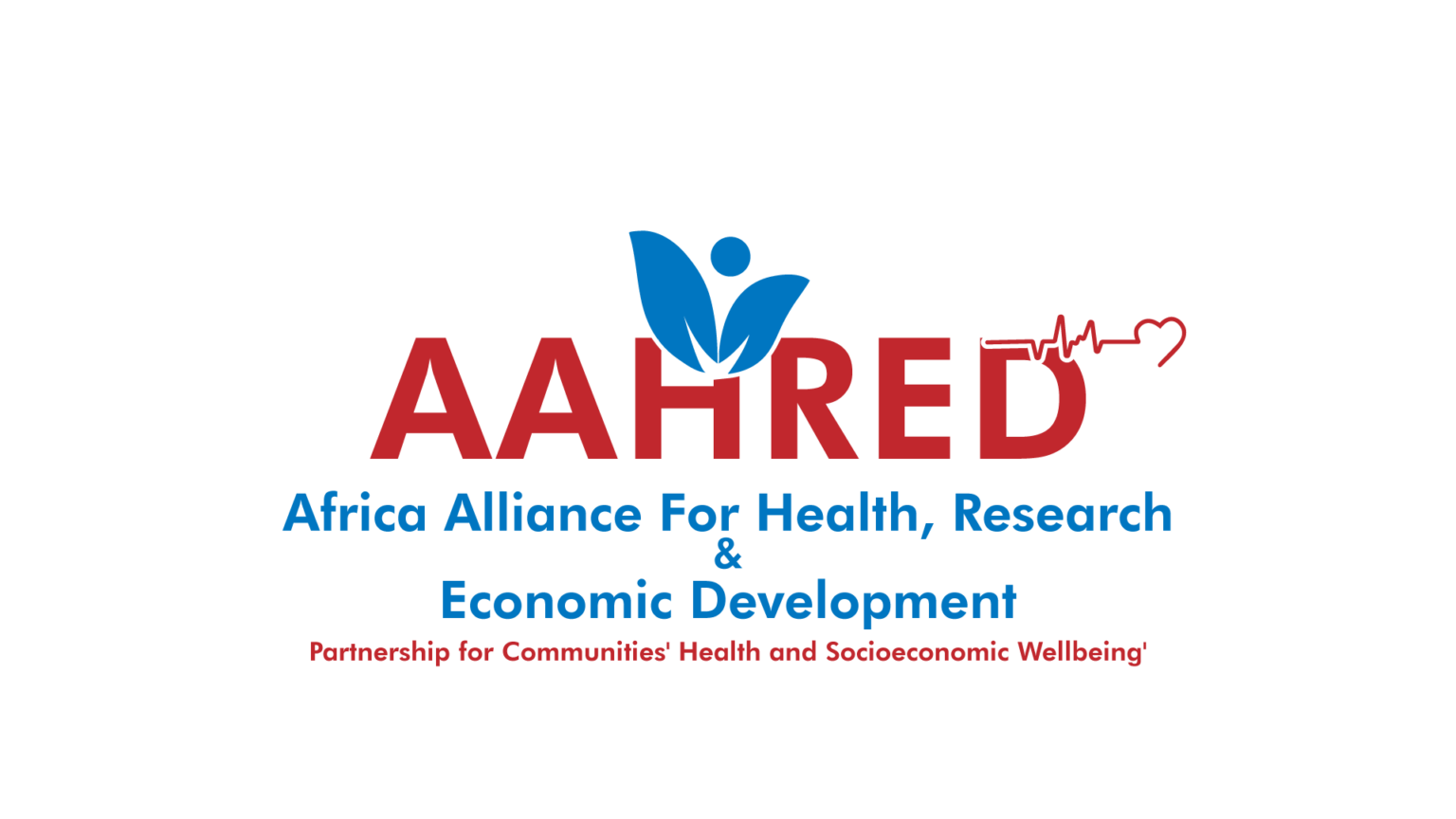Water
Water is the most critical component of life for humanity and a critical economic factor. People suffer a great deal when living in areas with limited access to clean water. Conflicts arise when people lack equal access to water, and it is distributed unevenly. The causes of the water crisis can be traced back to poverty, inequality, and unequal power relationships. Because of this, inadequate investment in water access infrastructure and water resource management is a major cause of water problems.
We work with communities experiencing water stress as a result of climate change, growing populations, increasing industrialization, and the overconsumption and pollution of water resources. These people are experiencing an increasing number of negative economic and social consequences of a lack of water, including decreased production of goods, food insecurity, and poor health. The effects of poor water supply and sanitation on production and investment lead to poor health and poverty in entire sectors.
Most children under the age of five die every day from diarrhea caused by water contamination, poor hygiene, and inadequate sanitation facilities because of this threat to safe drinking water. Women, particularly girls, bear the brunt of the consequences of insufficient water and sanitation services. They transport drinking water from remote and frequently unsafe sources to their families, particularly in rural areas.
Lack of toilet facilities diminishes their dignity and jeopardizes their safety, especially when compelled to seek shrubbery alone or in the dark. Unsanitary conditions also pose a barrier to the development of young women, particularly in rural areas.
AAHRED’s contribution to policy dialogues is critical in catalyzing current national, regional, and international discussions about water policies and sector strategies. Local and national leaders need to engage in policy dialogue to create enabling water management and development environment that benefits everyone.
Because AAHRED believes that access to water is essential to sustainable development and critical to health, education, environment, security, and economic and social development, we pursue Structured-advocacy and development modeling: Knowledge sharing; and evidence-based advocacy as our major mandate.
AAHRED’s mission is to increase and sustain community access to safe and clean water to improve sanitation and build community resilience in the face of water scarcity and climate change.
.
Water Management
- Smart Water Systems
- Water Treatment
- Availability & Access of Water Data
Health
Our commitment is to assist and support marginalized rural populations, especially women and children whose livelihoods and wellness are directly affected by a lack of access to safe drinking water, adequate sanitation, and hygiene. Women bear the burden of collecting water, often over long distances, for their families and communities.
We work to speed up the reduction of maternal, newborn, and childhood mortality in Kenya by fostering effective partnerships in water and sanitation, maternal, newborn, and child health, and infection prevention, including Typhoid Fever, Cholera, Giardia, dysentery, and hepatitis. We work to combat water-borne diseases such as tuberculosis, malaria, HIV/AIDS, and the Corona Virus while improving nutrition and overall health and well-being.
We have a critical call for greater access to safe and clean water, increased health funding and dedication to affordable healthcare, and promoting a culture of accountability by strengthening state and non-state actors’ capacities when and where they are needed.
Health Data
- Water & Sanitation Capacity Development
- Child Malnutrition
- Vaccine Coverage Development





